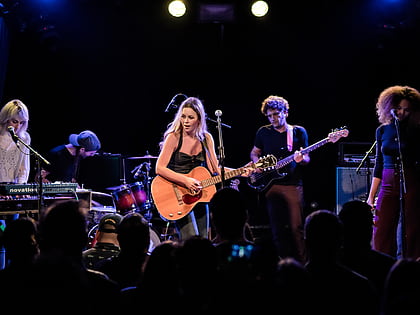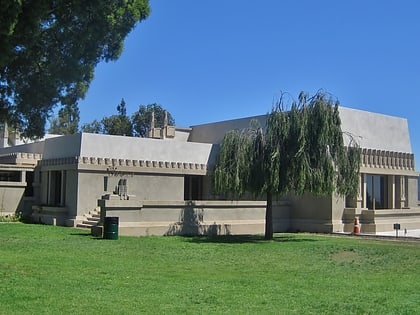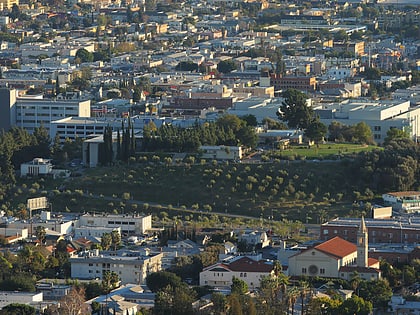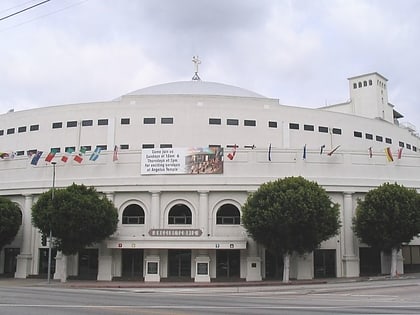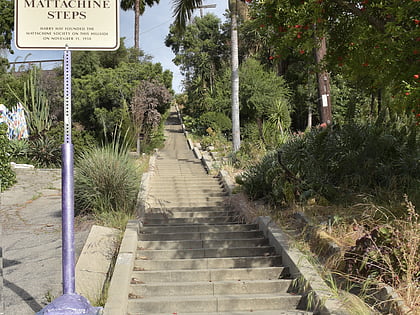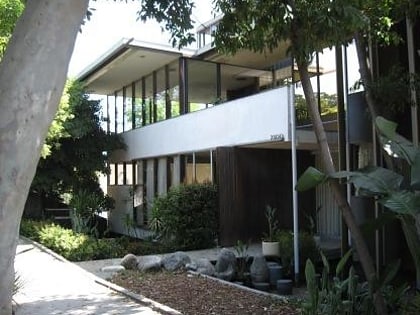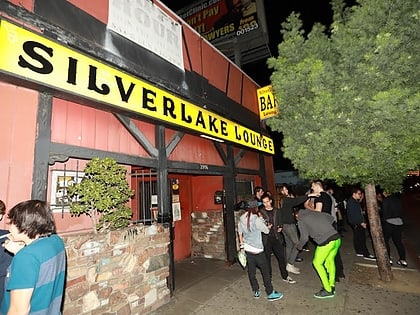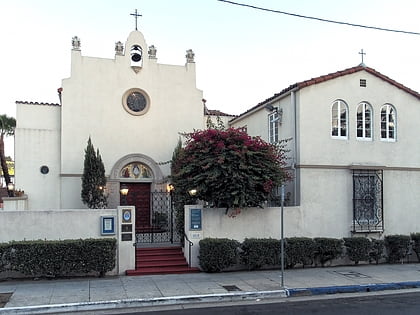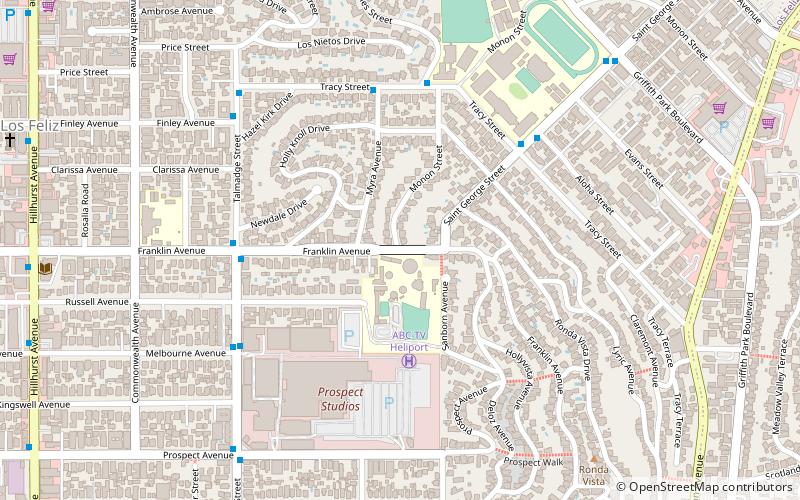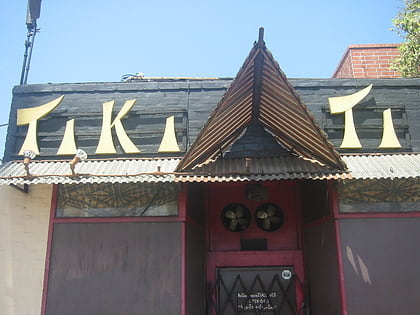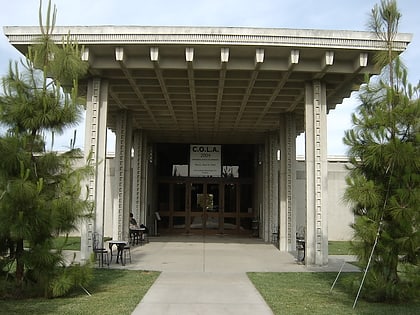The Black Cat, Los Angeles
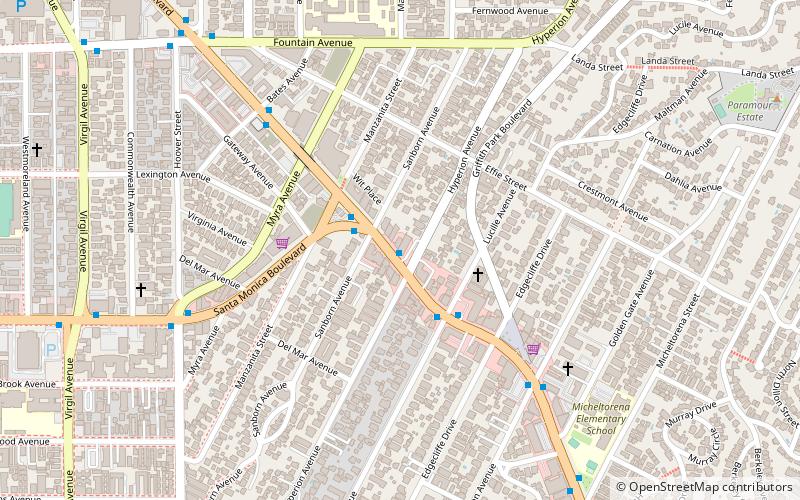

Facts and practical information
The Black Cat, located in the Silver Lake neighborhood of Los Angeles, is a site of great historical significance. This tavern, now a recognized landmark, was the flashpoint for one of the earliest LGBTQ rights demonstrations in the United States.
On New Year's Eve in 1966, police raided the Black Cat Tavern and began arresting patrons for kissing as they celebrated the arrival of the new year, an act deemed "lewd conduct" at the time. The event led to a peaceful protest which took place on February 11, 1967, predating the more famous Stonewall riots in New York City by over two years. This protest marked a pivotal moment in the LGBTQ civil rights movement.
The establishment, which opened in the 1960s, became a haven for the LGBTQ community, a place where they could socialize without fear of discrimination or violence. The demonstration that took place outside its doors is a testament to the resilience and courage of the community in the face of oppression.
In recognition of its significance, the Black Cat was designated as a Los Angeles Historic-Cultural Monument in 2008 and was listed on the National Register of Historic Places in 2014. Its role in LGBTQ history is commemorated by a plaque, ensuring that the events that transpired there are not forgotten.
3909 Sunset BoulevardCentral Los Angeles (Silver Lake)Los Angeles
The Black Cat – popular in the area (distance from the attraction)
Nearby attractions include: The Echo, Hollyhock House, Barnsdall Art Park, Angelus Temple.
Frequently Asked Questions (FAQ)
Which popular attractions are close to The Black Cat?
How to get to The Black Cat by public transport?
Bus
- Sunset & Hyperion • Lines: 2, 4 (1 min walk)
- Santa Monica & Sanborn • Lines: 4 (2 min walk)
Metro
- Vermont/Santa Monica • Lines: B (18 min walk)
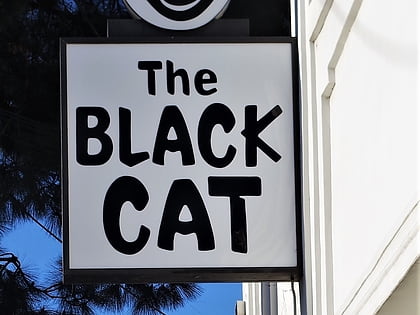
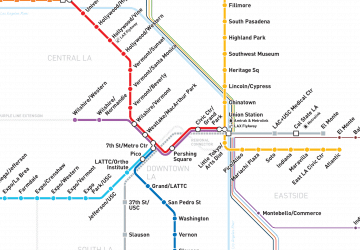 Metro & Regional Rail
Metro & Regional Rail